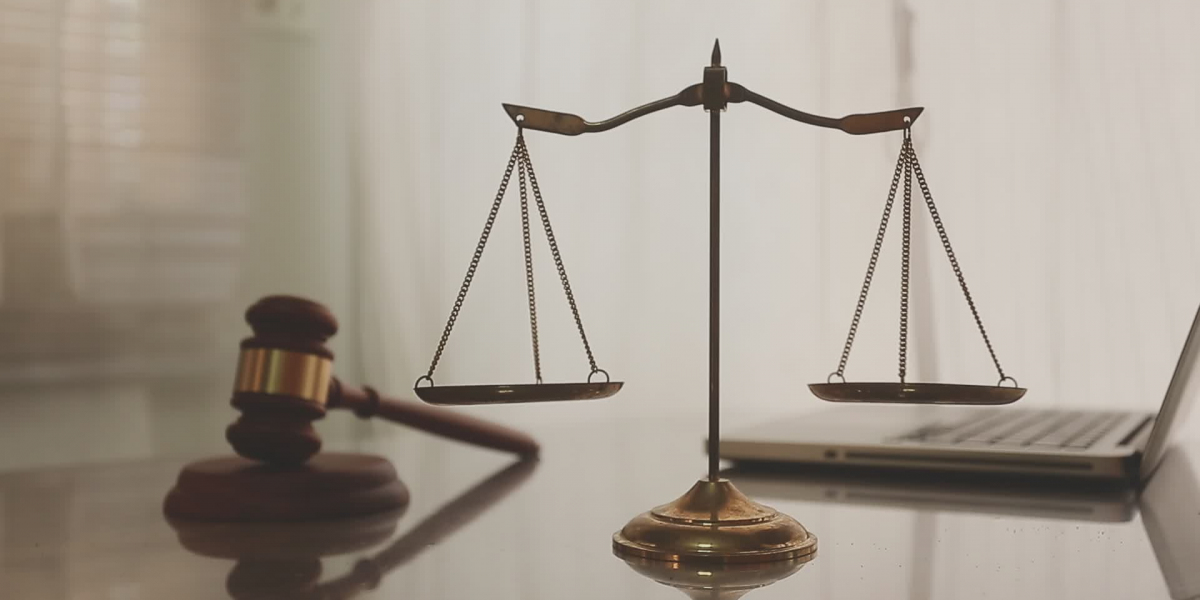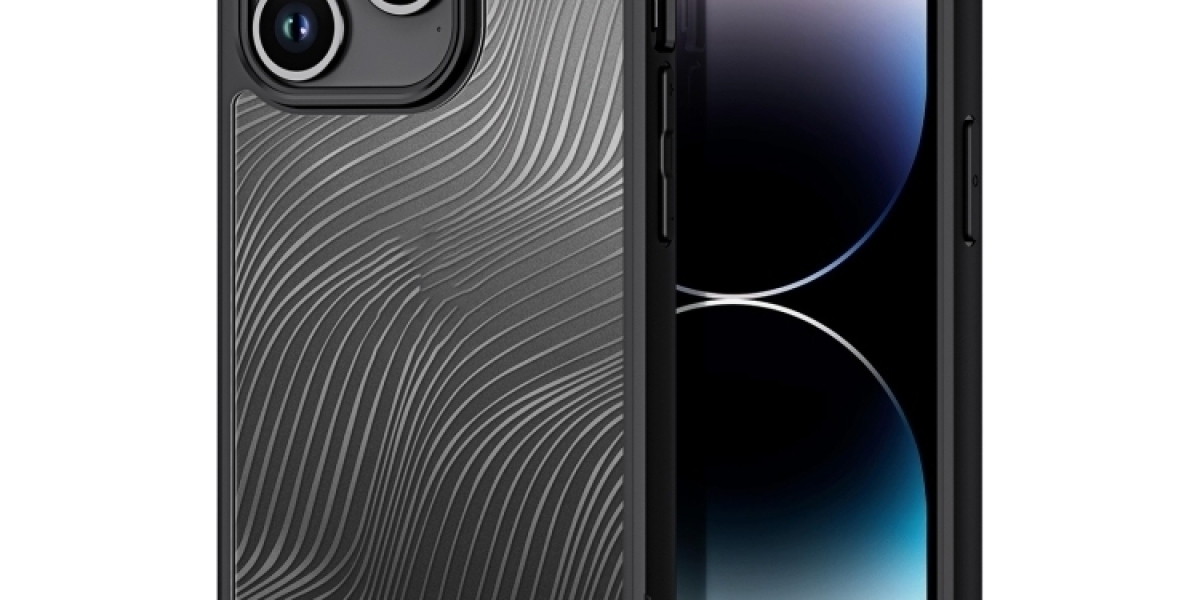The evidence collected during a DUI (Driving Under the Influence) arrest is critical in determining whether a defendant is found guilty or innocent. This evidence forms the foundation of the prosecution's case and significantly influences the legal strategies employed by the defense. Strong or weak evidence can determine the outcome of the case, either leading to a conviction, dismissal, or a favorable plea deal for the defendant. Here's a breakdown of the types of evidence commonly gathered in DUI cases and their importance:
1. Field Sobriety Tests (FSTs)
Field sobriety tests are a series of physical tasks that police officers ask drivers to perform during a DUI stop to gauge impairment. These tests include activities like the walk-and-turn, one-leg stand, and horizontal gaze nystagmus (HGN) test.
- Importance: The results of field sobriety tests can be used as evidence of impairment. However, they can also be challenged in court due to various factors such as the subjectivity of the officer, the conditions under which the tests were administered (weather, uneven surfaces, or the driver's physical condition), and whether the tests were performed correctly.
- Legal Strategy: A Henrico DUI lawyer may argue that the results of FSTs are unreliable, either by highlighting the officer’s failure to properly conduct the test or by citing medical conditions or environmental factors that could have affected the defendant’s performance.
2. Breathalyzer Test Results
Breathalyzer tests measure the blood alcohol concentration (BAC) by analyzing a driver's breath. In most states, a BAC of 0.08% or higher is the legal limit.
- Importance: Breathalyzer results are among the most important pieces of evidence in DUI cases, as they provide a scientific measurement of alcohol levels in the driver's body at the time of arrest. However, these results are not infallible and can be subject to challenges based on calibration issues, maintenance records, or improper administration.
- Legal Strategy: Defense lawyers often focus on questioning the reliability and accuracy of breathalyzer machines, including whether the device was properly calibrated and whether the officer administering the test followed correct procedures. In some cases, attorneys may seek to have breathalyzer results excluded from evidence if procedural errors are found.
3. Blood and Urine Tests
In cases where breath tests are not conducted, or when drug impairment is suspected, law enforcement may collect blood or urine samples to test for alcohol or drugs.
- Importance: Blood tests provide a highly accurate measurement of BAC or the presence of drugs in a person's system. Urine tests are typically used to detect drugs. These tests can serve as solid evidence of intoxication, but they must be conducted under strict legal guidelines.
- Legal Strategy: Defense attorneys may challenge the chain of custody for blood or urine samples, the timeliness of the test (as BAC levels can rise or fall after an arrest), or the possibility of contamination during handling. Mistakes in the collection, storage, or testing process can result in this evidence being disqualified.
4. Officer’s Observations and Testimony
The arresting officer’s observations play a significant role in DUI cases. The officer may testify about the driver’s behavior, physical appearance (bloodshot eyes, slurred speech), and driving pattern (swerving, speeding, etc.) as indicators of impairment.
- Importance: An officer's testimony can carry substantial weight in court, especially if there are no chemical tests or if the results are inconclusive. However, this type of evidence is subjective and open to interpretation.
- Legal Strategy: A henrico lawyer may seek to discredit the officer’s observations by presenting alternate explanations for the driver’s behavior (e.g., fatigue, medical conditions) or by highlighting inconsistencies in the officer’s report or testimony. The defense may also call into question the conditions under which the observations were made, such as poor lighting or other environmental factors.
5. Video Footage
Many police vehicles and officers are equipped with dashboard cameras or body cameras that record interactions with drivers during a traffic stop and arrest. This footage can provide a more objective account of the driver’s behavior and the arresting officer's actions.
- Importance: Video evidence can either support or undermine the officer’s observations and the results of field sobriety tests. For example, video may show the driver performing well on sobriety tests, contradicting the officer’s claims of impairment.
- Legal Strategy: Defense attorneys often rely on video footage to challenge the prosecution's narrative, especially if the footage contradicts the officer’s testimony or shows procedural errors during the arrest. Conversely, if the footage shows clear signs of impairment, the defense may seek a plea deal rather than contesting the case in court.
6. Witness Testimony
In some DUI cases, there may be additional witnesses, such as passengers in the car, pedestrians, or other drivers who can provide testimony about the driver’s behavior before and during the traffic stop.
- Importance: Witness testimony can corroborate or challenge the officer’s account of events. A passenger in the car, for example, may testify that the driver was not drinking or that their behavior was consistent with sobriety.
- Legal Strategy: A defense attorney may use witness testimony to provide alternate explanations for the driver’s behavior or to contradict the prosecution’s narrative. Witnesses can play a crucial role in shaping the jury's perception of the events leading to the arrest.
7. Procedural Evidence
The procedures followed by law enforcement officers during a DUI stop and arrest are critical to ensuring that the driver’s rights are upheld.
- Importance: If the police fail to follow proper procedures, such as conducting an unlawful stop, failing to read Miranda rights, or mishandling evidence, it can significantly impact the case.
- Legal Strategy: DUI lawyer Henrico VA often focuses on procedural issues to get evidence excluded or to have the charges dismissed. For example, if the traffic stop is deemed unlawful (lacking reasonable suspicion or probable cause), any evidence collected during or after the stop may be thrown out.
Conclusion
The evidence collected during a DUI arrest plays a pivotal role in determining guilt or innocence. Breathalyzer or blood test results, field sobriety tests, officer observations, video footage, and procedural compliance all contribute to the prosecution’s case. However, the defense can challenge this evidence through various strategies, such as questioning the reliability of testing methods, the accuracy of the officer’s observations, and adherence to proper legal procedures. The strength and validity of the evidence ultimately determine the course of the case and whether a conviction, dismissal, or plea deal is the most likely outcome.









